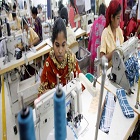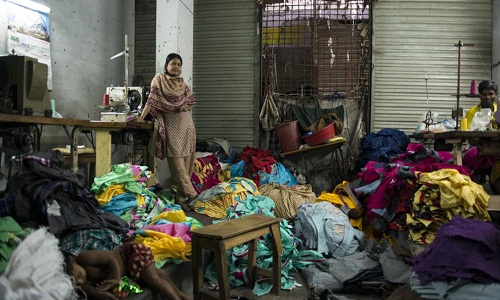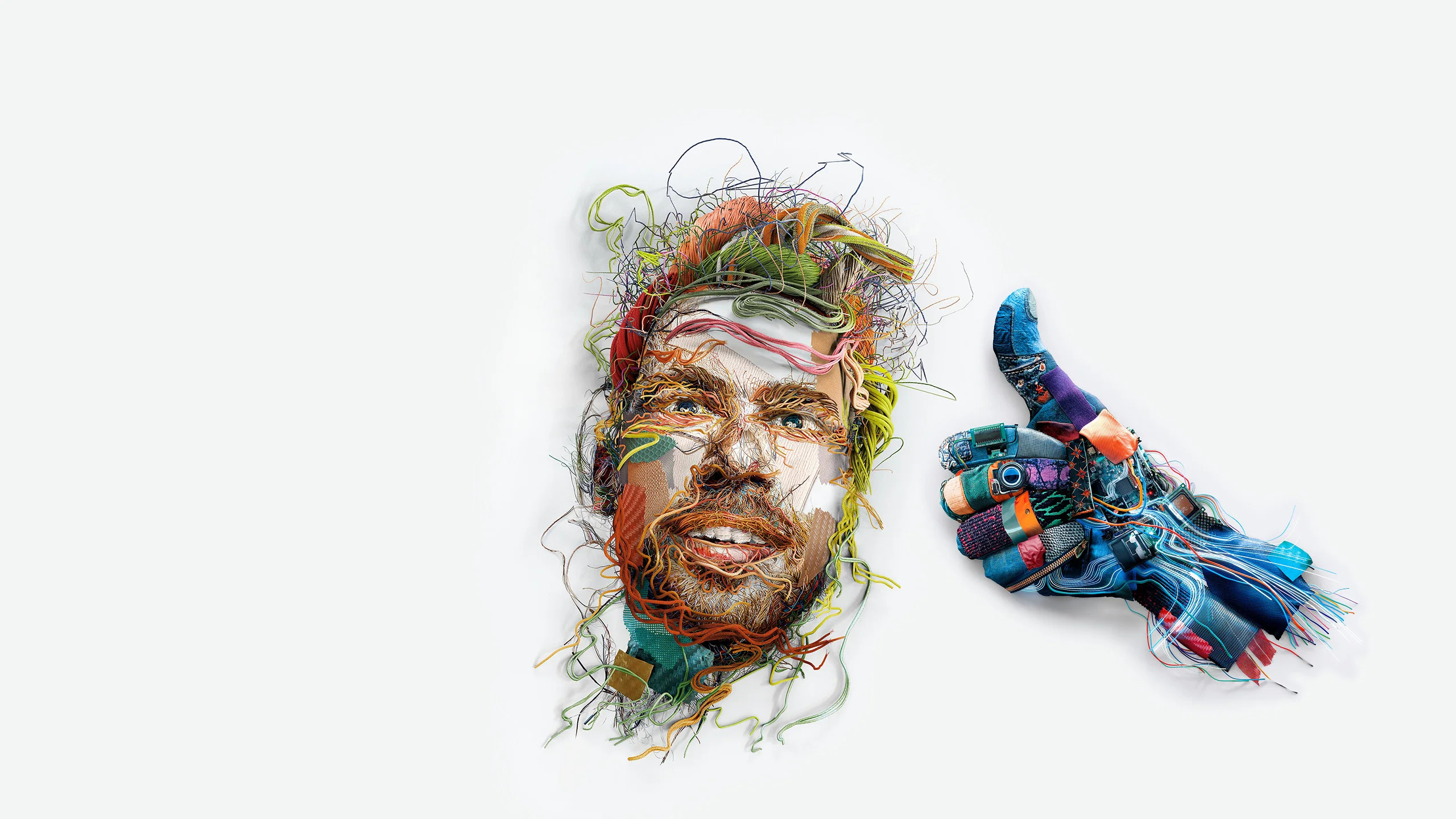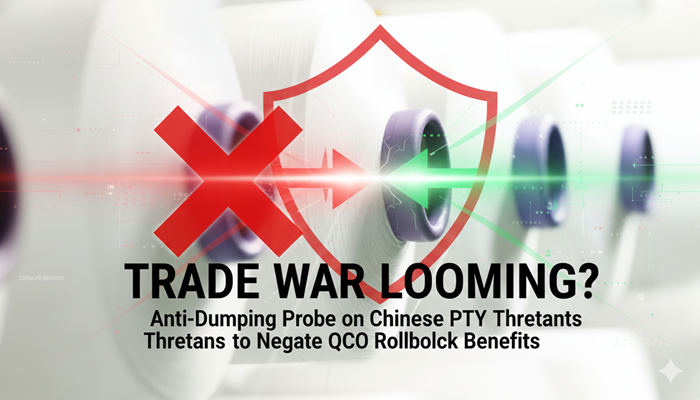"The recent attack has confronted the industry with its biggest image crisis; with some fearing security worries could cripple a sector that is the lifeblood of the economy. Bangladesh's garment industry has seen hit by riots, labour unrest, power shortages and safety scandals and the industry bounced back each time. But, after the recent Gulshan massacre, many have lost faith in its ability to weather the latest crisis and continue to grow."

The recent attack has confronted the industry with its biggest image crisis; with some fearing security worries could cripple a sector that is the lifeblood of the economy.
Bangladesh's garment industry has seen hit by riots, labour unrest, power shortages and safety scandals and the industry bounced back each time. But, after the recent Gulshan massacre, many have lost faith in its ability to weather the latest crisis and continue to grow.

Now, after a group of radicalised young Bangladeshis killed about 20 people, including 18 foreigners, in an attack on an upscale Dhaka restaurant claimed by Islamic State, the industry fears for the future of the $28 billion sector.
Bangladesh relies on garments for more than 80 per cent of its exports and roughly 4 million jobs. It ranks behind only China as a clothing supplier to developed markets in Europe and the United States.
Biggest image crisis ever
The recent attack has confronted the industry with its biggest image crisis since the collapse of the Rana Plaza factory building in 2013, with some fearing security worries could cripple a sector that is the lifeblood of the economy.
Rubana Huq, managing director at the Mohammadi Group, which owns a string of garment factories and other businesses never thought Islamic extremism would be a big threat to the industry directly, and never thought it would happen quite like this.
Foreign companies, including Japan's Uniqlo, have suspended all but critical travel to the country since the attack, although there are no signs yet of big players moving orders elsewhere. The government says it has stepped up security for foreign business travellers, investors and diplomats.
Despite a long history of turbulent domestic politics that often spills onto the streets, the relative stability of Bangladesh compared with rival manufacturing bases had been an important factor in the rise of its garment sector. Islamic State and al Qaeda have made competing claims for a series of killings of liberals and members of Bangladesh's religious minorities in the past year.
But the Dhaka massacre signalled a far more sophisticated threat from those seeking to replace the mainly Muslim country's secular democracy with strict Islamic rule. According to Mesbha Uddin Ali, chairman of garment maker Wega Group, on July 1, Bangladesh lost the identity of the country.
What has been particularly shocking to many middle class Bangladeshis is that the attackers mostly came from well-to-do backgrounds and appear to have been radicalised only recently. Many of the victims of the latest attack worked in the garment trade, and the U.S. executive, who declined to be identified due to personal safety concerns, said it had prompted him to take extra precautions.
Meanwhile, some local executives have taken more robust measures. Earlier, Mohsin Uddin Ahmed Niru, a director of the Bangladesh Garment Manufacturers and Exporters Association (BGMEA) had his pistol, but it was never loaded or did not carry it. Now he is carrying it every day.
There had been warning signs that the radicalisation threat in Bangladesh was growing. An Italian aid worker was shot dead in Dhaka's diplomatic quarter in September 2015, in the same week masked gunmen killed a Japanese farmer in northern Bangladesh. In response, the government deployed paramilitary soldiers on night-time patrols in the diplomatic quarter and a number of companies stepped up security for visiting executives.
However, more protection has been promised in the wake of the July 1 killings. According to Industries Minister Amir Hossain Amu, who also heads the cabinet committee on law and order, the government has already re-arranged security measures all over the country after the terror attack. All foreigners including diplomats, business travellers, garment buyers, investors and development partners are all covered by extra security.
Shifting orders
According to industry sources, recently, H&M sent an email to all its vendors informing them about a series of upgraded security norms at its office in Bangladesh.
An official at El Corte Ingles, one of Europe's largest department store chains, said the company had moved all eight of its foreign staff out of the country and was observing a two-month ‘hold period’ before deciding whether they would return. All of the company's meetings in Dhaka have been cancelled, and would be rescheduled in Hong Kong, said the official, who declined to be identified.
One garment exporter, who also declined to be named, said he had already lost a $3.6 million order from privately-held French retailer Celio. There are no signs yet of ‘major’ buyers shifting orders away from Bangladesh, not least because the production cycle has entered the busy Christmas season and pulling out business now would be expensive and logistically challenging.
Industry players fear that, over time, security worries may prompt buyers to look to up-and-coming garment centers such as Myanmar and Ethiopia that offer similar cost advantages to Bangladesh. There may not be any short-term impact, but medium-to-longer term, for sure, said Mohammadi Group's Huq. However, buyers have a right to go wherever they feel their business is more secure, and most importantly - their lives. They do not want to die in Bangladesh.












